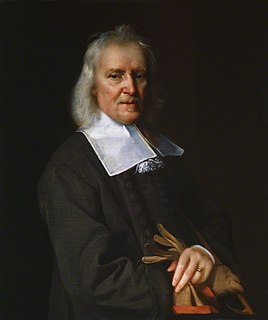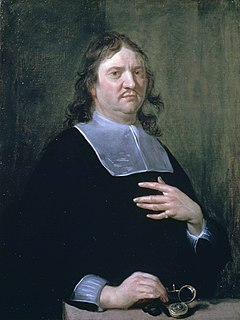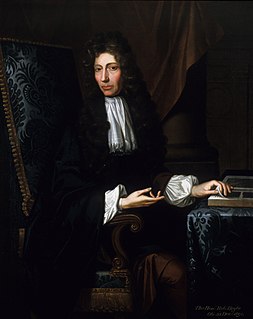A Quote by Izaak Walton
Those little nimble musicians of the air, that warble forth their curious ditties, with which nature hath furnished them to the shame of art.
Related Quotes
When a poet mentions the spring, we know that the zephyrs are about to whisper, that the groves are to recover their verdure, the linnets to warble forth their notes of love, and the flocks and herds to frisk over vales painted with flowers: yet, who is there so insensible of the beauties of nature, so little delighted with the renovation of the world, as not to feel his heart bound at the mention of the spring?
I believe it is no wrong Observation, that Persons of Genius, and those who are most capable of Art, are always fond of Nature, as such are chiefly sensible, that all Art consists in the Imitation and Study of Nature. On the contrary, People of the common Level of Understanding are principally delighted with the Little Niceties and Fantastical Operations of Art, and constantly think that finest which is least Natural.
Many jazz musicians affect a misunderstood-genius air when they play, which alienates the audience and breaks down the communications of the music. A musician's responsibility is to get as much of his art across as possible. Musicians used to be kept when only the rich could afford art, but now practically everyone can afford radios, stereo equipment, concert tickets, etc. A musician must learn to communicate to survive.
... indeed, what reason may not go to school to the wisdom of bees, ants, and spiders? What wise hand teacheth them to do what reason cannot teach us? Ruder heads stand amazed at those prodigious pieces of nature, whales, elephants, dromedaries, and camels; these, I confess, are the colossuses and majestick pieces of her hand; but in these narrow engines there is more curious mathematieks; and the civility of these little Citizens more neatly sets forth the wisdom of their Maker.
...the act of eating,which hath by several wise men been considered as extremely mean and derogatory from the philosophic dignity, must be in some measure performed by the greatest prince, hero, or philosopher upon earth; nay, sometimes Nature hath been so frolicsome as to exact of these dignified characters a much more exorbitant share of this office than she hath obliged those of the lowest orders to perform.
The King saw them with no common satisfaction, expressing his desire in no particular to have yt Stellar fish engraven and printed. We wish very much, Sir, yt you could procure for us a particular description of yesd Fish, viz. whether it be common there; what is observable in it when alive; what colour it then hath; what kind of motion in the water; what use it maketh of all that curious workmanship, wch Nature hath adorn'd it with?
Art is the microscope of the mind, which sharpens the wit as the other does the sight; and converts every object into a little universe in itself. Art may be said to draw aside the veil from nature. To those who are perfectly unskilled in the practice, unimbued with the principles of art, most objects present only a confused mass.
That there is a Spring, or Elastical power in the Air we live in. By which ?????? [elater] or Spring of the Air, that which I mean is this: That our Air either consists of, or at least abounds with, parts of such a nature, that in case they be bent or compress'd by the weight of the incumbent part of the Atmosphere, or by any other Body, they do endeavour, as much as in them lies, to free themselves from that pressure, by bearing against the contiguous Bodies that keep them bent.
MORAL LAW, Evidence of.- Man has been subjected by his Creator to the moral law, of which his feelings, or conscience as it is sometimes called, are the evidence with which his Creator has furnished him. ... The moral duties which exist between individual and individual in a state of nature, accompany them into a state of society ... their Maker not having released them from those duties on their forming themselves into a nation.




































